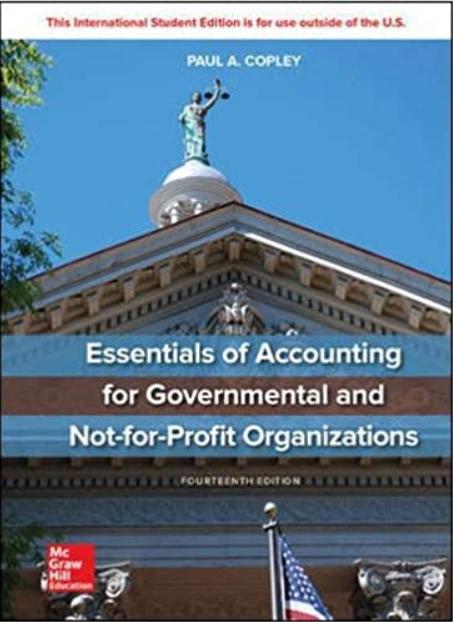Question
Can you imagine accountants as American cowboys of the Wild, Wild West in the 1800s? I can. And they can be dangerous. Yeehaw! Yippee-i-o-i-a! (Cokins,
"Can you imagine accountants as American cowboys of the Wild, Wild West in the 1800s? I can. And they can be dangerous. Yeehaw! Yippee-i-o-i-a!"
(Cokins, 2013)
An article published in a blog by Business Finance which compares managerial accountants to cowboys in the Wild West. The main argument provided by the author stems from the many rules imposed on financial accountants and the comparative lack of rules for managerial accountants. In Financial Accounting, we learned about the effects of Enron, World Com, and Arthur Anderson as well as many other companies who committed fraud and the resulting impact/creation of governing bodies. As a result of such scandals, many accounting standards were created with the purpose of trying to mitigate the risk of fraud occurring in the future. However, there are very few rules and regulations for managerial accountants (similar to the cowboys of the Wild West).
Do you agree or disagree with the author's arguments?
Author Statement - No laws. No jail.
When accountants get the financial accounting numbers wrong, then they might go to jail! Think Enron. However, if they get the internal managerial accounting numbers wrong, they don't go to jail. So they can ease up and put only enough effort into calculating and reporting costs and profit margins that they feel is worth their effort.
But therein is the problem. Some accountants are lazy. The laziness I am referring to is not about working long hours - most accountants do. The laziness I am referring to is where they do only enough work for what is convenient for themselves as opposed to what is good for who they serve - the users of the information..
It is typically the accountant who is in control of determining what constitutes good cost information. The users, for example in operations or marketing, usually have little say in the matter. Note that I wrote information, not just data. A simple definition is information is the conversion of raw transactional data (e.g., from a purchasing or payroll system) into something more meaningful. A product's cost and gross profit margin would be an example of information. The input expenses, such as salaries and materials, are data converted by the accountant into output costs - the information.
Step by Step Solution
There are 3 Steps involved in it
Step: 1

Get Instant Access to Expert-Tailored Solutions
See step-by-step solutions with expert insights and AI powered tools for academic success
Step: 2

Step: 3

Ace Your Homework with AI
Get the answers you need in no time with our AI-driven, step-by-step assistance
Get Started


